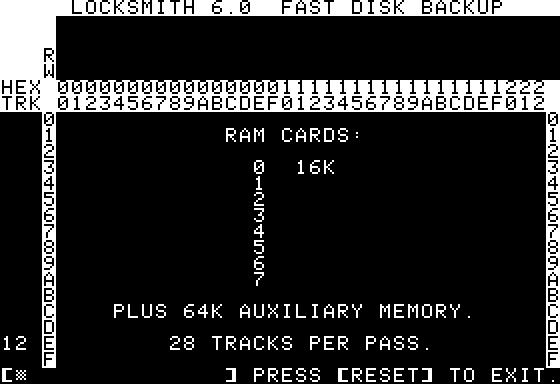Digital Gex
Banned
Knowledge Deck will be a series that aims to remove decades of misinformation that has spread in the video game industry, as well as present facts the average gamer doesn't know. This series will be fun and educational for all ages until we get to Japan's Visual Novel industry which was the deciding factor for why the N64 shipped with cartridges instead of CDs. More on that later.
It is common to hear that the video game crash destroyed Atari. Atari was huge back in the late seventies and early eighties becoming the face of video gaming. The current understanding of gaming history will tell you that the video game crash was the primary cause for Atari's collapse, ultimately resulting in Warner selling Atari's consumer division to Atari Corporation.
But that's not why Atari collapsed. The 2600 was still selling millions in software and sold over 1 million consoles in 1985 without any advertising. Profits did see a major decline, but Atari was already worth billions in 1983, so what caused Atari's rapid collapse?
The answer? Atari's computer division, aided by the Commodore 64, is what caused the destruction of what was once the fastest-growing company in the United States.
While Atari had lost tens of millions of dollars on the 2600 during the crash, which is in no way insignificant, that slowed by late 1984. Not to mention, by 1982 Atari had billions in reserves, and the 2600 itself was dirt cheap to make costing $40 to produce before the crash, and $30 to produce after. So clearly something else had to make a company worth billions sink to the bottom in only 2 years, but what?

That something was Commodores insane price war. C64's were flying off shelves costing $300 to as low as $200. Atari responded by deciding to race Commodore to the pits of hell. The Atari 800XL went from a $950 introductory price with rebate, to $175 in less than a year and that was just one model, the whole line was dirt cheap costing less than $300. Atari lost $700 million in the last 5 months of 1982, and lost over $500 million in the first 9 months of 1983. Overall, Atari lost BILLIONS between 1981 and 1985. No wonder Warner was looking to sell and gave up on supporting Atari.
That is what destroyed the biggest name in gaming, the computer industry. Yes, the 2600 had a part in it, but if Atari just held out they would have been fine and only suffered minor losses. Kind of an embarrassing end really.
Where would Atari be if they had disbanded its computer division or declined to race to the bottom with Commodore? Who knows, but it's something to think about.
It is common to hear that the video game crash destroyed Atari. Atari was huge back in the late seventies and early eighties becoming the face of video gaming. The current understanding of gaming history will tell you that the video game crash was the primary cause for Atari's collapse, ultimately resulting in Warner selling Atari's consumer division to Atari Corporation.
But that's not why Atari collapsed. The 2600 was still selling millions in software and sold over 1 million consoles in 1985 without any advertising. Profits did see a major decline, but Atari was already worth billions in 1983, so what caused Atari's rapid collapse?
The answer? Atari's computer division, aided by the Commodore 64, is what caused the destruction of what was once the fastest-growing company in the United States.
While Atari had lost tens of millions of dollars on the 2600 during the crash, which is in no way insignificant, that slowed by late 1984. Not to mention, by 1982 Atari had billions in reserves, and the 2600 itself was dirt cheap to make costing $40 to produce before the crash, and $30 to produce after. So clearly something else had to make a company worth billions sink to the bottom in only 2 years, but what?

That something was Commodores insane price war. C64's were flying off shelves costing $300 to as low as $200. Atari responded by deciding to race Commodore to the pits of hell. The Atari 800XL went from a $950 introductory price with rebate, to $175 in less than a year and that was just one model, the whole line was dirt cheap costing less than $300. Atari lost $700 million in the last 5 months of 1982, and lost over $500 million in the first 9 months of 1983. Overall, Atari lost BILLIONS between 1981 and 1985. No wonder Warner was looking to sell and gave up on supporting Atari.
That is what destroyed the biggest name in gaming, the computer industry. Yes, the 2600 had a part in it, but if Atari just held out they would have been fine and only suffered minor losses. Kind of an embarrassing end really.
Where would Atari be if they had disbanded its computer division or declined to race to the bottom with Commodore? Who knows, but it's something to think about.


